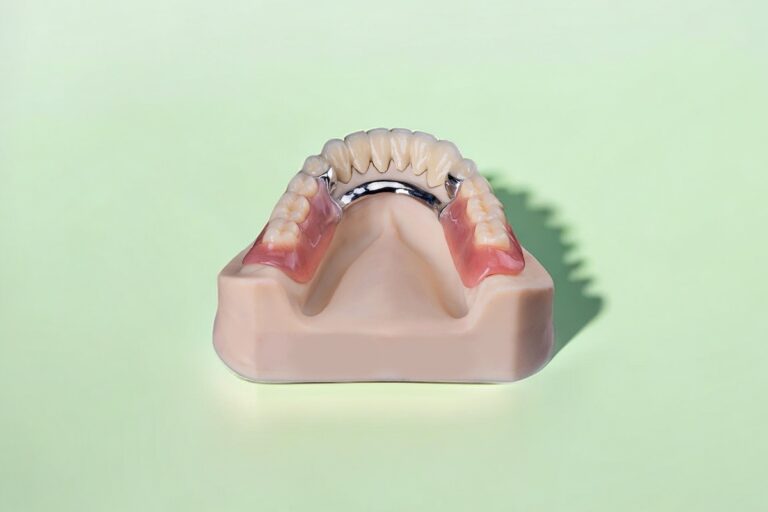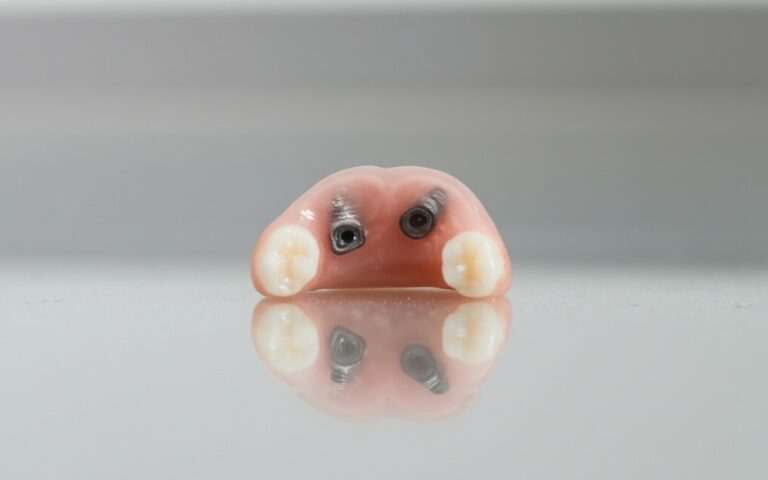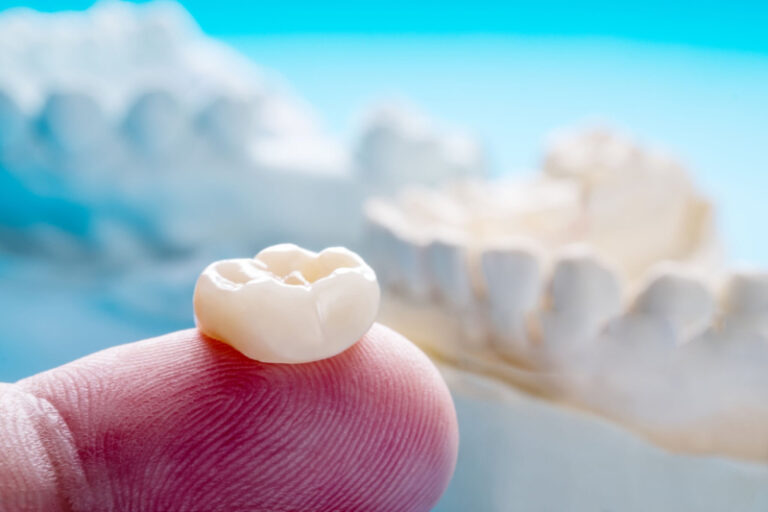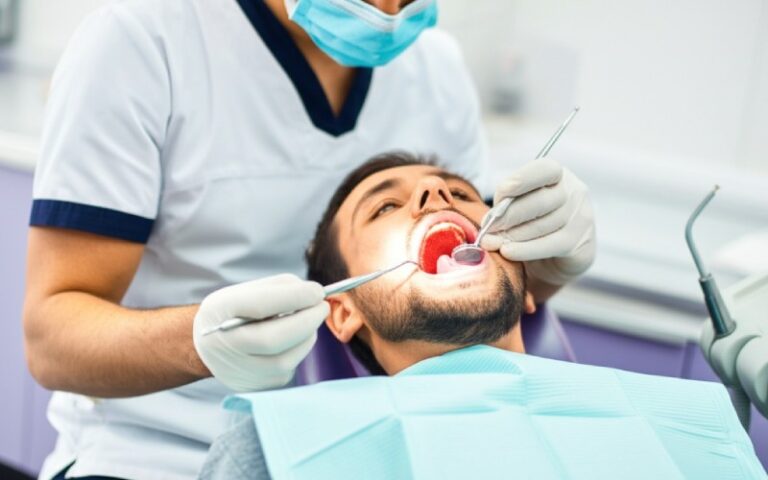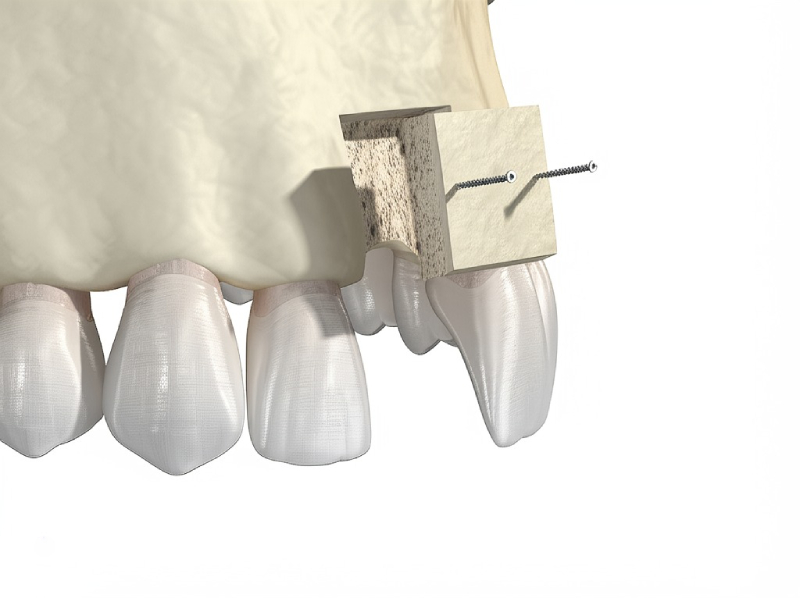
Teen Dental Concerns: A Complete Guide for Parents and Teens
Table of Contents
Introduction: Facing the Basics of Teen Oral Health
If you had asked me as a teenager what I worried about most, I probably would’ve said homework, pimples, or soccer tryouts well before I’d mention my teeth. But now, after going through it all and helping my own kids, I can see just how much having healthy teeth matters for teenagers. As a parent and someone who’s learned a lot about teen health, I know teen dental problems are about more than getting one or two cavities.
Teens go through their own special dental problems. They’re growing, trying new things, eating fast food, giving in to peer pressure, and sometimes making choices—like drinking lots of energy drinks, thinking about piercings, or even trying vaping—that just weren’t as common when I was young. But it’s true: the habits they build now can boost or wreck their self-confidence, affect their overall health, and set them up for their adult smile.
In this guide, I’m sharing everything I’ve learned about teen dental health—from doing research to living through it as a parent. I want to offer you, whether you’re a parent or teen, real-life advice, simple tips, and an honest look at what matters most.
Common Dental Concerns in Teenagers
When my oldest hit high school, I saw just how many more dental issues popped up. Let’s look at the most common ones so you know what to check for and how you can help.
Cavities (Tooth Decay)
If you think only little kids get cavities, you might be surprised. More than half of teenagers from 12 to 19 have had at least one cavity in their grown-up teeth. I’ve seen how busy routines, a love for sugary drinks, and the classic ‘I’ll brush later’ excuse all add up.
Here’s what I know about cavities in teens:
- Causes: Food and drink choices matter a lot—like sodas, sports drinks, candy, and sweet coffee drinks. Skipping or rushing brushing just makes things worse.
- How to Stop Them: I always tell my kids to brush at least twice a day, floss every night, and use a fluoride rinse if they can. Getting sealants and professional fluoride rinses helps, especially for kids who get cavities easily.
- If They Happen: If your teen does get a cavity, don’t freak out. Fillings are easy, and in our house we use it as a chance to talk: “Let’s figure out what you can do different next time.”
Gum Disease (Gingivitis & Early Gum Problems)
I didn’t know, until I learned from our dentist, that teens can get gum problems often. More than 60% of teenagers have swollen or bleeding gums at some point, but usually it starts as a little bleeding after brushing.
- What to Watch For: Swelling, bleeding when brushing, bad breath that doesn’t go away, or gums that look red.
- Why It Happens: Missing spots while brushing is one cause, but puberty can also make gums extra sensitive. Braces make brushing even trickier.
- What Helps: I tell my kids to brush gently at the line where teeth and gums meet, and to use special flossers or water sprayers around braces. Catching gum problems early means you can almost always fix them.
Crooked Teeth and Braces
I don’t know many teens who love having braces (besides maybe the one who gets rainbow bands). About one out of three can get help from braces or other treatments—crooked teeth, overbites, or crowded mouths are pretty common.
- Braces or Invisalign: Now you have choices. My niece liked Invisalign—it helped her confidence, but you have to stick with it. Braces (metal or clear) are still best for bigger fixes.
- Caring for Braces: We buy lots of wax for poking wires, keep soft foods around for sore days, and always use those little brushes and special flossers.
- Retainers: Once braces are off, wearing the retainer is how you keep teeth straight. Trust me—no one wants to do braces twice because they didn’t wear their retainer.
Wisdom Teeth
My son had a rough time when his wisdom teeth showed up—a few days with jaw pain, some swelling, and eating a lot of soup. Usually, wisdom teeth pop up between ages 17 and 25 and, honestly, they’re often just a pain.
- Problems: Wisdom teeth can get stuck, push other teeth, or get infected.
- Watch For: Pain in the back of the jaw, swelling, or trouble opening your mouth wide means it’s time to call the dentist.
- Recovery: Ice, soft foods, and rest work best. Most teens feel better in a week.
Bad Breath
Nothing kills a teen’s confidence like worrying their breath smells. My daughter worried about it before every school debate. Teens can get bad breath from dry mouth (from drinks or meds), leftover food, gum problems, or trouble cleaning around braces.
- How to Fix: Brushing and flossing are a must. Sugar-free gum helps too. If the bad breath lasts, check for other problems like sinus infections or heartburn.
Enamel Wear & Sensitivity
Teens love their sodas and flavored drinks, but these are super acidic. Over time, the acid wears down enamel, making teeth sensitive. My kids learned the hard way after drinking lemon water every day one summer—hello, tooth aches!
- Prevention: Drink water after something sour, and wait half an hour before brushing (acids soften teeth).
- How to Help: Use toothpaste for sensitive teeth. If it still hurts, talk to the dentist.
Mouth Injuries & Sports Accidents
If your teen plays sports, rides a skateboard, or just runs around with friends—a chipped or knocked-out tooth can happen. We had a scare after a basketball game where my son forgot his mouthguard. Lucky for us, the dentist saved the tooth.
- How to Protect: Mouthguards aren’t just smart—they’re a must for sports. The custom ones work the best.
- What to Do: If a tooth gets broken or knocked out, call the dentist right away. Put the tooth in milk and go to the clinic fast.

Modern Things Affecting Teen Oral Health
Trying to keep up with teen slang is hard enough, let alone new dangers for their teeth.
Vaping and E-Cigarettes
Here’s a shocker: over 2.8 million middle and high schoolers use e-cigarettes right now, according to the CDC. I didn’t know at first how risky vaping was for their mouths.
- Dry Mouth: Vaping dries out your mouth, which leads to more cavities and gum trouble.
- Gum Problems: Chemicals in vape pens can make gums sore or even cause them to pull away from the teeth.
- Long-Term Risks: Studies show higher chances of sores and eventually serious gum disease.
If your teen vapes—or is thinking about it—have the tough talk. The mouth often shows the first problems.
Sugary Drinks and Junk Food
I see it all the time: teens grab sodas, energy drinks, candy, and snacks to keep going. It feels good at the time, but teeth really suffer.
- Why It’s Bad: Sugar feeds mouth germs, which make acids that eat away teeth.
- Better Choices: We keep fruit water, cheese, and crunchy veggies at home. Gum or mints with xylitol can also help keep teeth healthy.
Eating Problems
This is a hard subject. Eating disorders like not eating enough or throwing up can really damage teeth, often before anyone else notices. A friend’s daughter struggled with bulimia, and the damage to her teeth was really clear.
- Dental Clues: Worn-down teeth (especially on the insides), dry mouth, more cavities, and sores.
- Dentist’s Role: Dentists sometimes spot these signs first. If they notice something unusual, they can help point the way to support.
Oral Piercings
Tongue and lip piercings might seem like a cool idea, but they’re really rough on teeth. I’ve seen teens chip their teeth, their gums pull back, or even get infections needing ER trips.
- Why They’re Risky: Besides swelling and pain, the metal can chip teeth, bother the gums, and trap germs.
- Advice: If your teen wants a piercing, make sure they pick a safe shop, clean it well, and see the dentist often.
Active Dental Care for Teens
Here’s what I’ve learned: Most teen dental problems can be stopped or at least managed by keeping up with the right habits and seeing the dentist regularly.
Building Steady Oral Care Habits
Getting teens to brush and floss? That can be a fight. What worked for us? Keeping it easy and quick—and even a little fun.
- Brushing: Two minutes, soft brush, with fluoride toothpaste. Electric brushes help, especially with braces.
- Flossing: Floss picks or water spayers got more smiles at home when nobody wanted to use string floss.
- Extras: Mouthwash can lower plaque. Rinsing with water after snacks or sugary drinks helps, too.
Why Regular Dental Visits Matter
I know it’s tough to make those dentist appointments fit into a packed school schedule. Still, those check-ups every six months catch small problems and encourage better habits.
- Why It Helps: Dentists spot tiny cavities or gum trouble we miss at home.
- Which Dentist?: Some teens want to switch from a kid’s dentist to a regular one. Either way works as long as the dentist knows about teen needs.
- Special Needs: Teens with different challenges (like autism or diabetes) may need extra planning for visits or brushing at home.
Food for a Healthy Smile
What teens eat can be just as important as how they brush.
- Top Picks: Milk and cheese (good for calcium), meats, eggs, fruits, veggies, and nuts all make teeth stronger.
- To Avoid: Gummy candy, chewy snack bars, sugary drinks, and snack foods that stick to teeth grow the germs that start cavities.
- Tip: If your teen insists on soda, have them drink it with meals and rinse with water after.
Handling Dental Worries
Some fears about the dentist stick around from when kids are small. My younger son didn’t like his appointments after one tough cleaning, but here’s what helped.
- Talk it Out: We went over what would happen at each visit ahead of time.
- Bring Comfort: Headphones or a favorite toy made things better.
- Special Help: Some dentists let you use laughing gas or calming medicine if your teen is really worried.
Having a dentist your teen trusts makes a huge difference.
When to Visit a Dentist: Signs You Shouldn’t Let Go
Here’s my simple list for those moments when you think, “Does my teen need the dentist now or can I wait?”
- Constant Pain or Sensitivity: If a tooth hurts for more than a day or two, you need a check. It could be a cavity—or something bigger.
- Swollen or Bleeding Gums: Some bleeding from brushing too rough is common, but gums that bleed or swell all the time are a warning sign.
- Loose or Moving Teeth: Adult teeth should not be loose. Any change needs a dentist’s look.
- Sores or Patches: Most mouth sores heal up fast, but ones that last for weeks, or keep coming back, or look odd—especially in vaping or smoking teens—mean it’s time for a check.
- Problems Chewing or Talking: Changes in speech or how your teen eats could be a sign of bite trouble or infection.
Go with your gut. I’d rather have an extra dental visit than miss something important.
Ending: Helping Teens Build Long-Lasting Healthy Smiles
Here’s what my years as a parent—and after reading a lot about dental health—taught me: The teen years aren’t easy, but they’re the perfect time to guide your kids. Sure, teens face cavities, braces, wisdom teeth problems, and way too many temptations that aren’t good for teeth. But if you give them the right info, simple habits, and a little push, you can help them dodge most of the problems.
Keep talking with your teen about why their teeth matter—not just for looks or fresh breath but for their health and confidence. Make dental visits something they just do, not a threat for bad brushing. Let them ask questions and show them how to own their choices. Think of it as investing—not just in their smile today, but in every laugh and photo down the road.
This is my path. Yours might be a little different, but with this know-how, you’re already doing better than most. Here’s to healthy, happy smiles for life!

